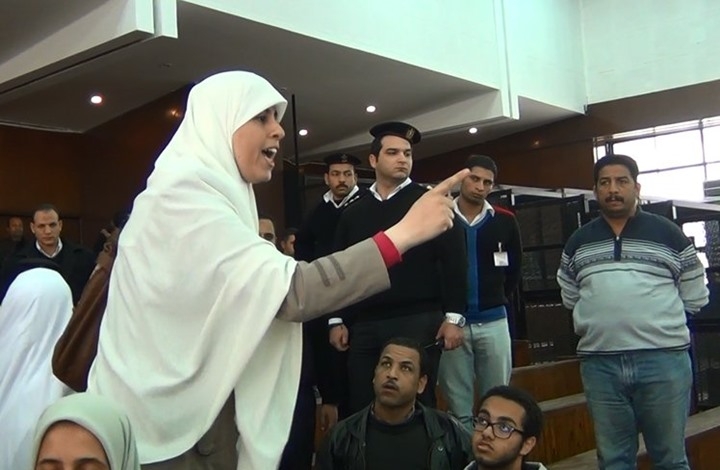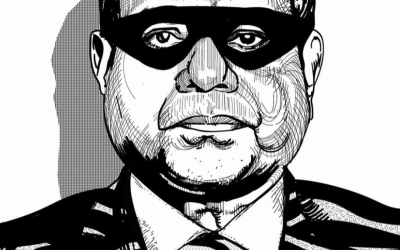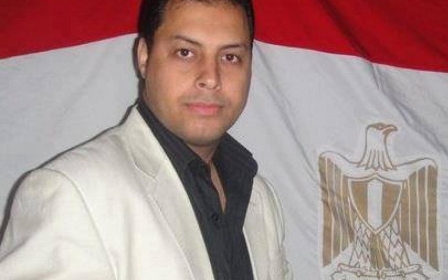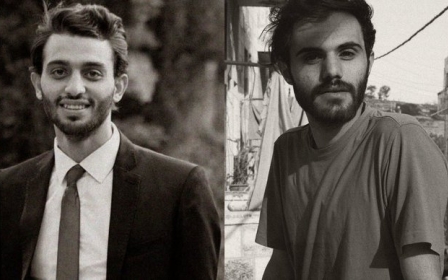Jailed daughter of Egypt Brotherhood leader Khairat Shater hospitalised after hunger strike

Aisha Shater, an Egyptian human rights activist and daughter of senior Muslim Brotherhood leader Khairat el-Shater, has been transferred to a prison hospital after a deterioration in her health following a hunger strike.
Starting on 18 September, Shater only drank water to demand better prison conditions, including ending her solitary confinement and a ban on visits from her two children whom she has not seen since her arrest, according to London-based human rights researcher Ahmed Attar.
'The prison’s mistreatment of Shater is aimed at killing her, rather than achieving justice'
- Ahmed Attar, human rights researcher
“The prison’s mistreatment of Shater is aimed at killing her, rather than achieving justice,” Attar told Middle East Eye on Thursday.
Shater was arrested in November 2018 in a wave of detentions that targeted nearly 40 human rights workers in Cairo. She was charged with “belonging to an organisation established contrary to law” and “inciting to harm national economy".
Her husband, human rights lawyer Mohamed Abou Horayra, was also arrested in the sweep and faces the same charges.
New MEE newsletter: Jerusalem Dispatch
Sign up to get the latest insights and analysis on Israel-Palestine, alongside Turkey Unpacked and other MEE newsletters
The couple has been in pre-trial detention since their arrest.
After 10 days of drinking water, Attar said Shater started to eat dates, but was transferred to Qanatir Prison hospital when her health declined and has been there for the past eight days, he said.
Attar held president Abdel Fattah el-Sisi and the interior minister responsible for Shater's "discriminatory treatment" and her fate.
Sisi, a former defence minister, came to power in 2013 after leading a coup against his predecessor Mohamed Morsi, a member of the Muslim Brotherhood which was outlawed that September.
Since he became president in 2014, Sisi has overseen a crackdown on Muslim Brotherhood supporters and secular critics.
Human rights groups estimate at least 60,000 political prisoners have been imprisoned since Sisi came to power.
Over the past two weeks, at least 3,120 people, including well-known activists, journalists and lawyers, have been arrested in the aftermath of a call for protests by Mohamed Ali, a prominent actor and businessman who has accused Sisi and other top officials of large-scale corruption.
On 20 September, rare protests against Sisi erupted in what was the largest public show of discontent against his government in years.
Middle East Eye delivers independent and unrivalled coverage and analysis of the Middle East, North Africa and beyond. To learn more about republishing this content and the associated fees, please fill out this form. More about MEE can be found here.





